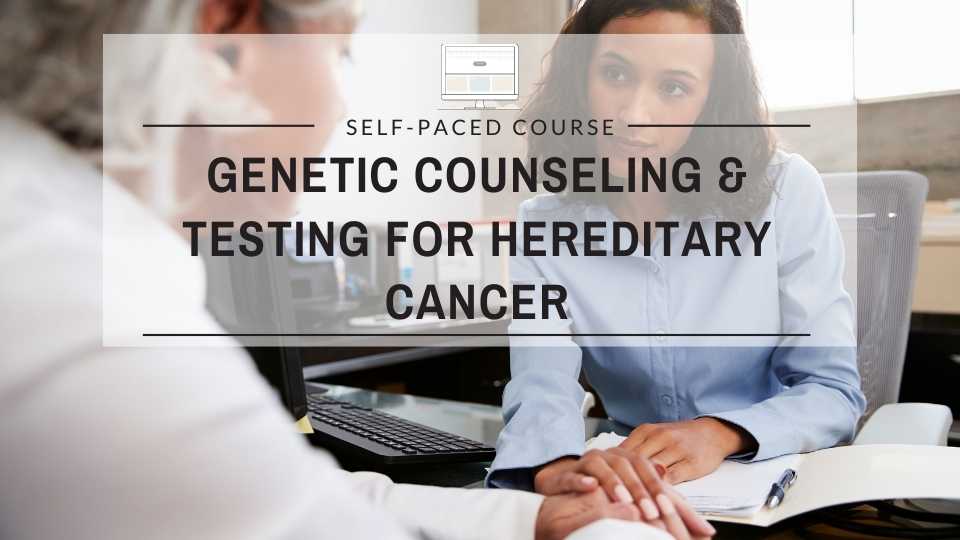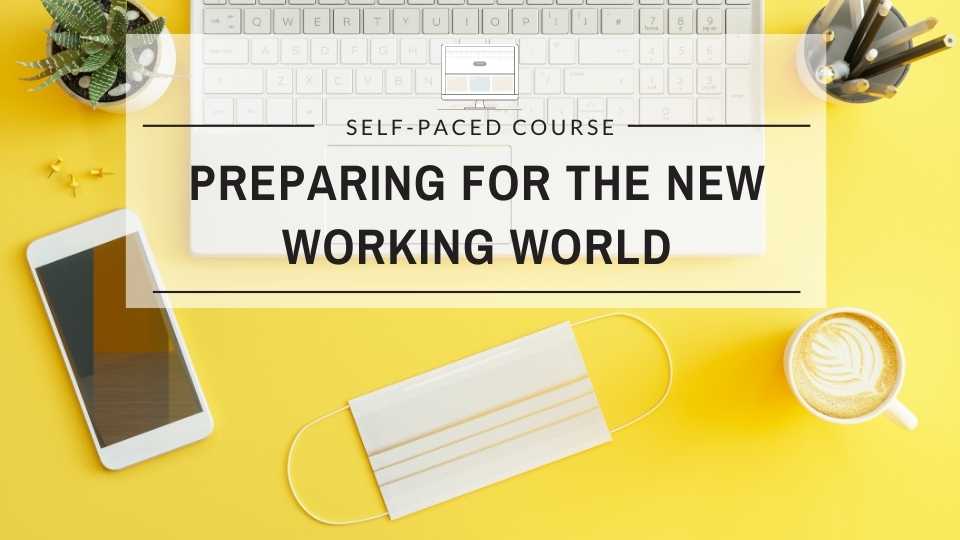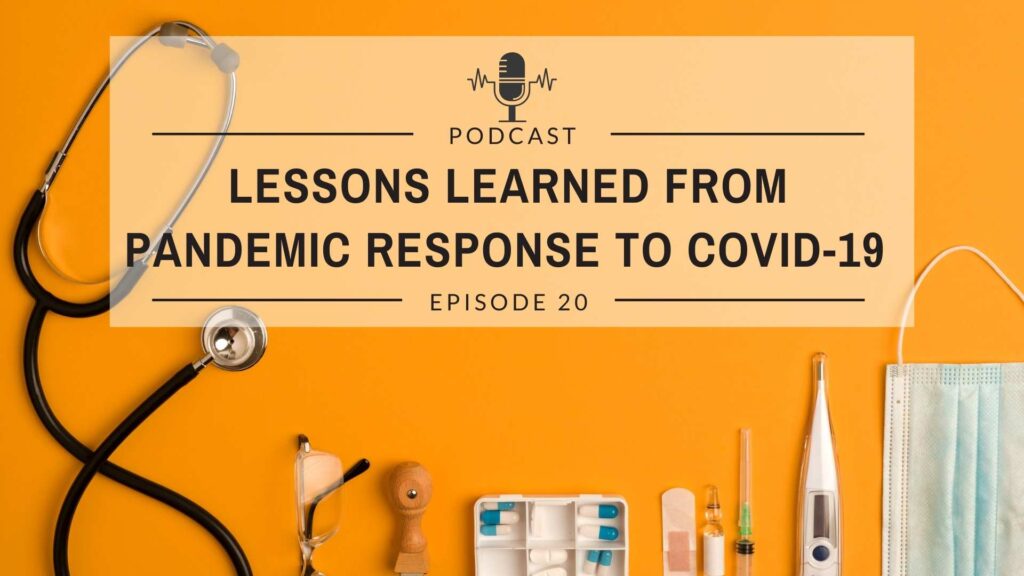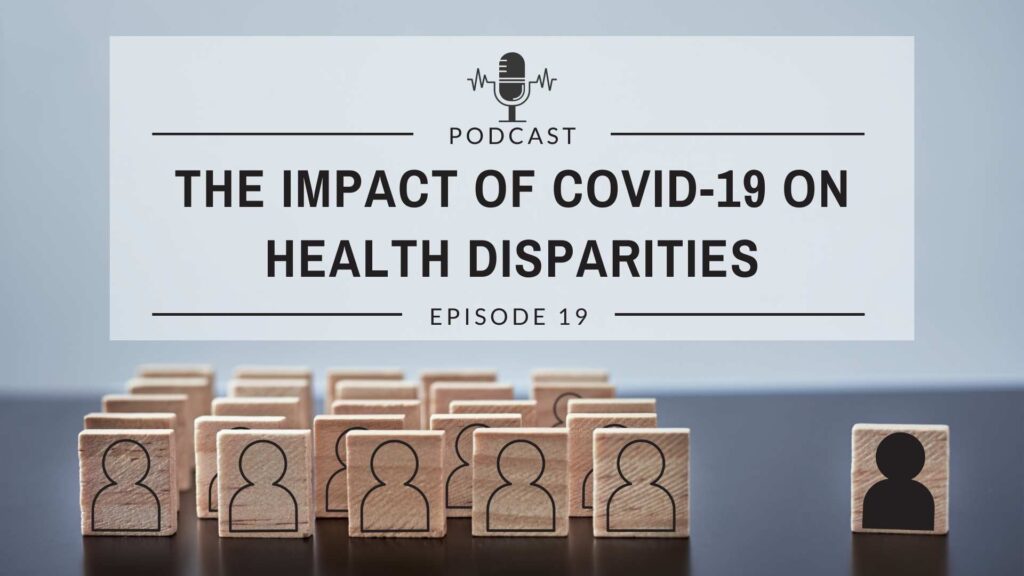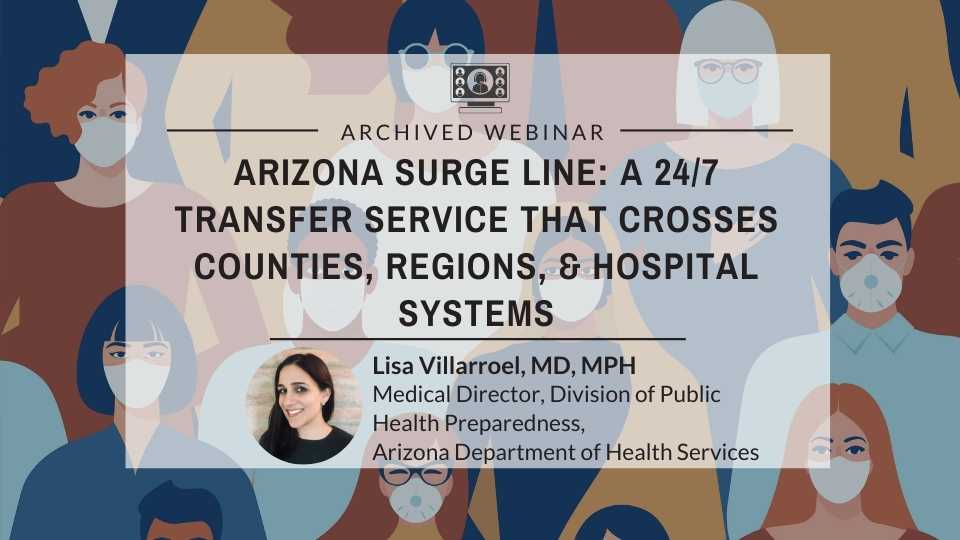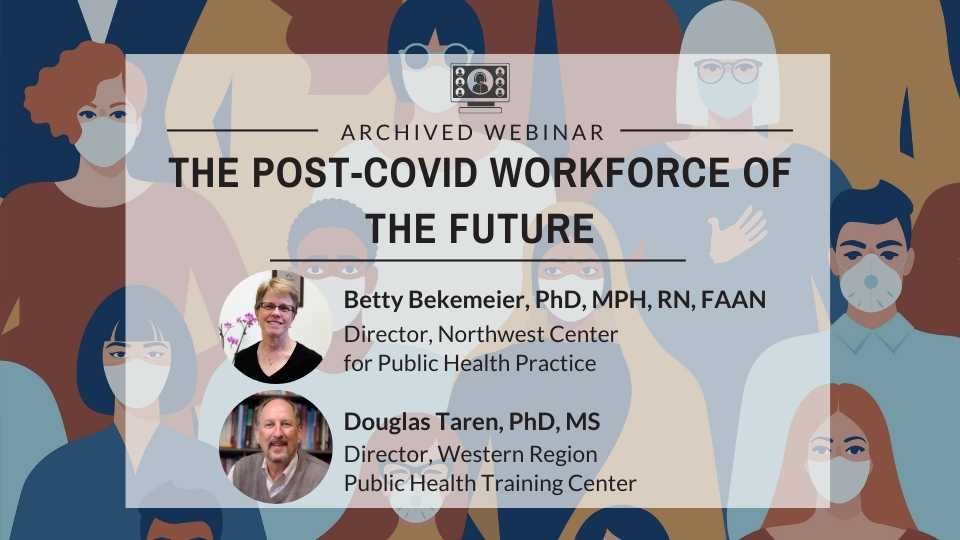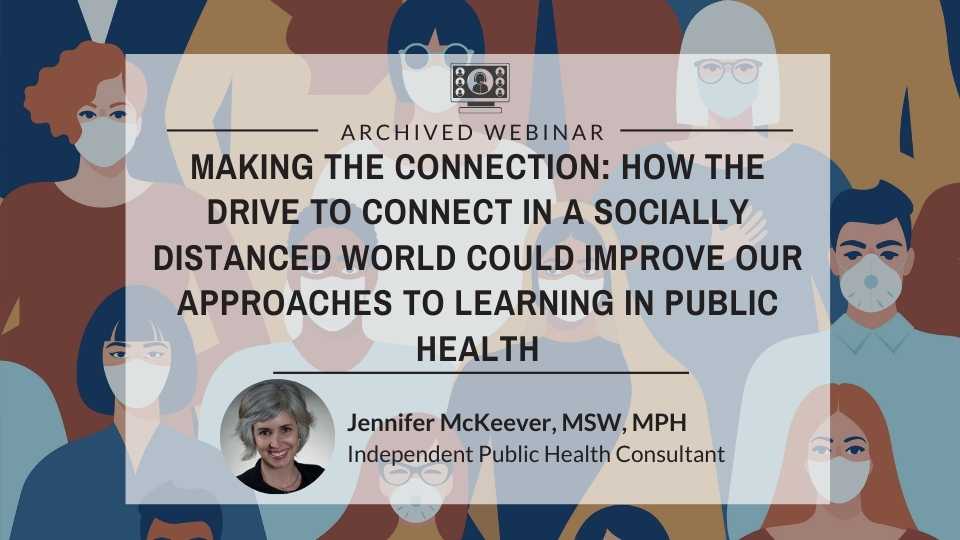Tobacco was first discovered and used by indigenous people in the American continent and was later introduced to Europe and the rest of the world. Today, indigenous people worldwide continue to utilize the tobacco plant for medicinal and ceremonial purposes and is often referred to as traditional or sacred tobacco.
This training focuses specifically on commercial tobacco*, which contains many additional substances and chemicals. It is a legal substance that is regulated and marketed to consumers through various products that can be burned, heated, or chewed. Throughout this training, we will define and classify tobacco, present the prevalence of tobacco use among diverse populations, describe the adverse health effects caused by tobacco use, and then share the positive health effects of quitting.
The Western Region Public Health Training Center (WRPHTC) developed a series of courses (six) in collaboration with the Arizona Center for Tobacco Cessation (ACTC) to provide public health professionals with an understanding of tobacco dependency and evidence-based treatment that supports quitting.
*For these modules, the term tobacco will refer specifically to commercial tobacco, a legal and regulated substance, and does not refer to the traditional tobacco grown and harvested by American Indians and Alaska Natives used for ceremonial or medicinal purposes.
Learning Objectives:
1. Generalize the prevalence of tobacco use among diverse populations
2. Classify the types of tobacco products
4. Explain the positive health effects associated with quitting tobacco
Target Audience: Health and human service providers, medical and allied health professionals and students, community health influencers, administrators, policymakers, and those in specialty areas of health and human service professions: Nurses, Nurse Practitioners, Physicians, Pharmacists, Health Educators, Wellness Coaches, Dental Hygienists, Addiction Counselors, Respiratory Therapists, etc.
Duration: 45 minutes
Continuing Education Information: 0.75 Category 1 CHES Credits, 0.75 Continuing Competency Credits
Format: Web-based Training, Self-Study
Disclosures: The planners, reviewers, and authors have no declared conflicts of interest
Created/Updated: January 2021
Authors:
Jazmin C. Villavicencio, Tobacco Treatment Training Specialist
Dipanwita Das, Senior Instructional Designer



